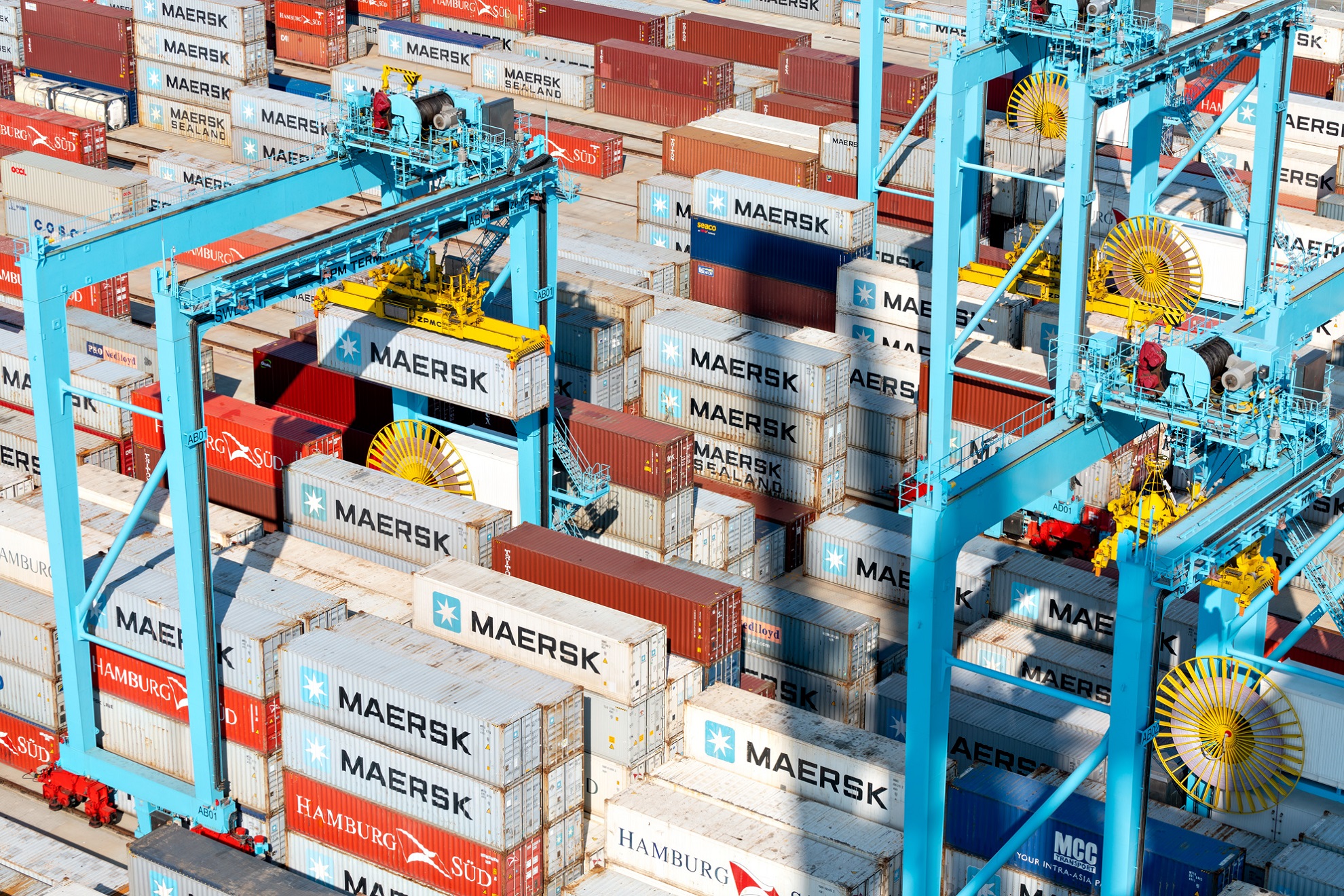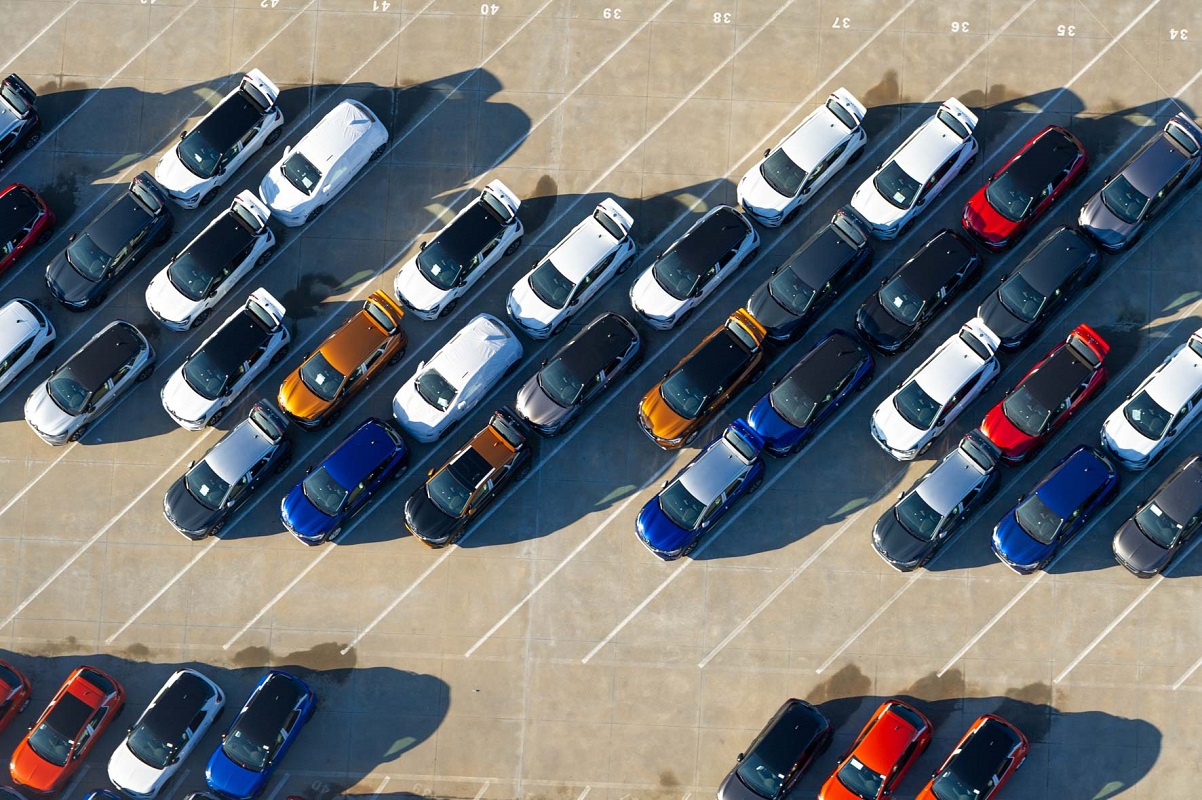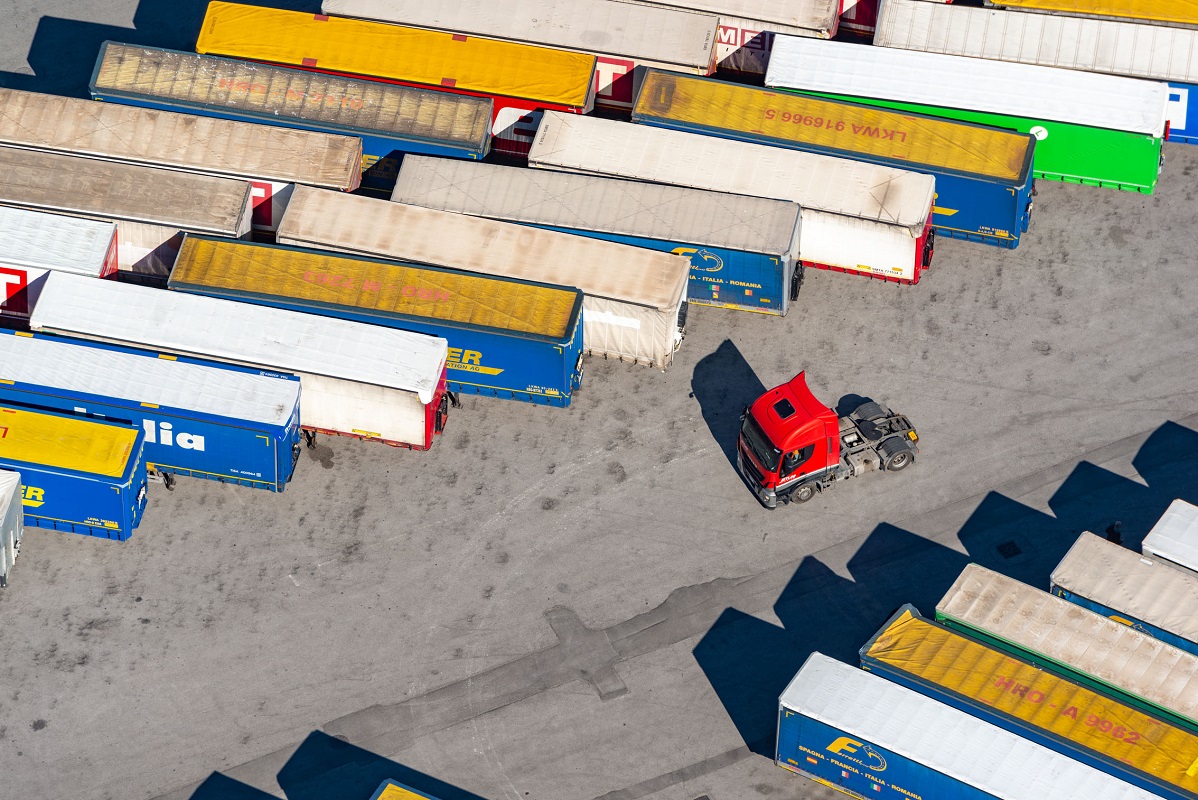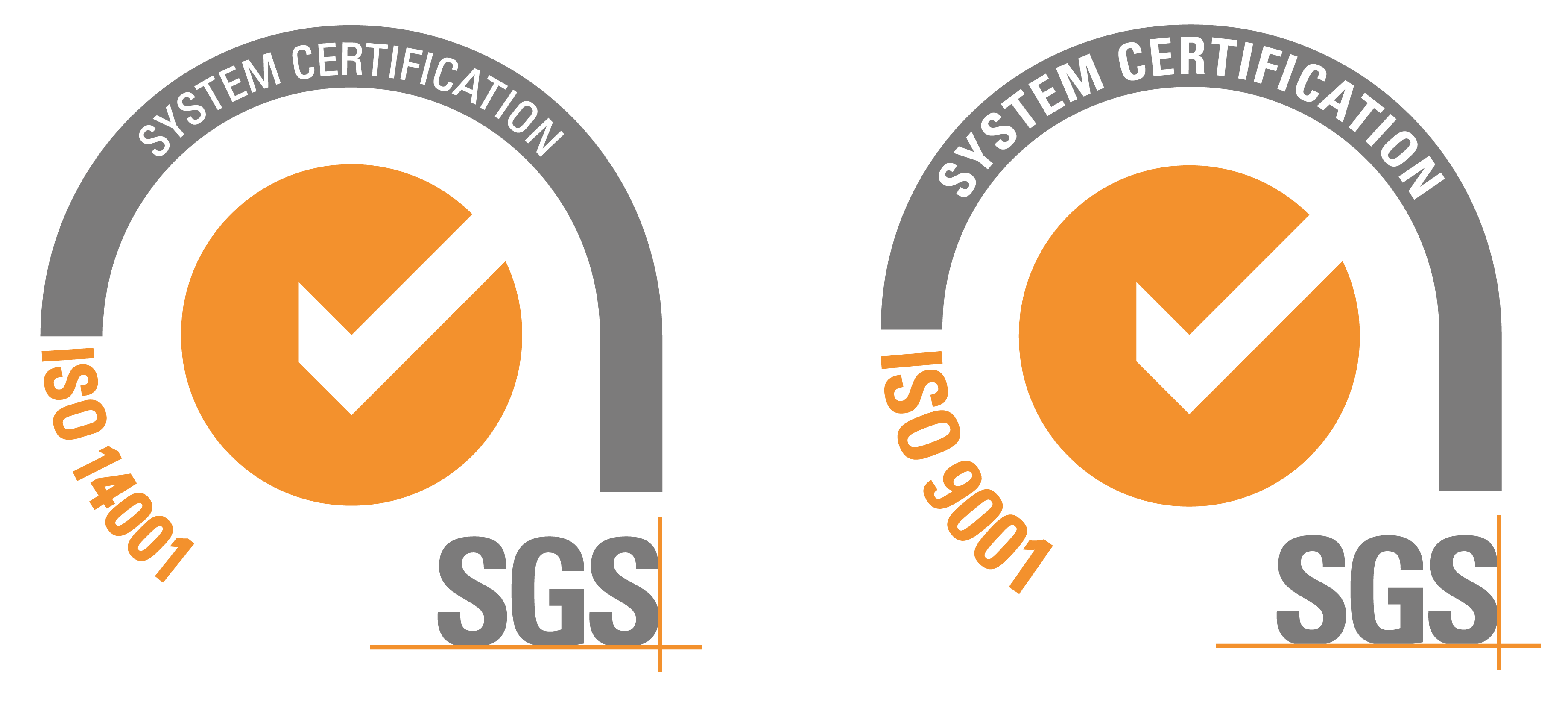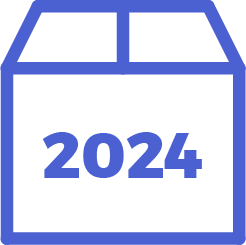
Total
Tonnage
mln tons

Container
Traffic
mln TEUs

Ro Ro
Cargo
mln tons

Liquid
Bulk
mln tons

Solid
Bulk
mln tons

Cruise
Passengers
mln pax

Ferry
Passengers
mln pax

Ship
Calls
vessels
Traffic Ports of Genoa – October 2025
Traffic Ports of Genoa – September 2025
Traffic Ports of Genoa – August 2025
Traffic Ports of Genoa – July 2025
Traffic Ports of Genoa – June 2025
Traffic Ports of Genoa – May 2025
Traffic Ports of Genoa – April 2025
Traffic Ports of Genoa – March 2025
Traffic Ports of Genoa – February 2025
Traffic Ports of Genoa – January 2025
Traffic Ports of Genoa – November 2024
Traffic Ports of Genoa – October 2024
Traffic Ports of Genoa – September 2024
Traffic Ports of Genoa – Agust 2024
Traffic Ports of Genoa – July 2024
Traffic Ports of Genoa – June 2024
Traffic Ports of Genoa – May 2024
Traffic Ports of Genoa – April 2024
Traffic Ports of Genoa – March 2024
Traffic Ports of Genoa – February 2024
Traffic Ports of Genoa – January 2024
Traffic Ports of Genoa – November 2023
Traffic Ports of Genoa – October 2023
Traffic Ports of Genoa – September 2023
Traffic Ports of Genoa – Agust 2023
Traffic Ports of Genoa – July 2023
Traffic Ports of Genoa – June 2023
Traffic Ports of Genoa – May 2023
Traffic Ports of Genoa – April 2023
Traffic Ports of Genoa – March 2023
Traffic Ports of Genoa – February 2023
Traffic Ports of Genoa – January 2023
Traffic Ports of Genoa – November 2022
Traffic Ports of Genoa – October 2022
Traffic Ports of Genoa – September 2022
Traffic Ports of Genoa – Agust 2022
Traffic Ports of Genoa – July 2022
Traffic Ports of Genoa – June 2022
Traffic Ports of Genoa – May 2022
Traffic Ports of Genoa – April 2022
Traffic Ports of Genoa – March 2022
Traffic Ports of Genoa – February 2022
Traffic Ports of Genoa – January 2022
